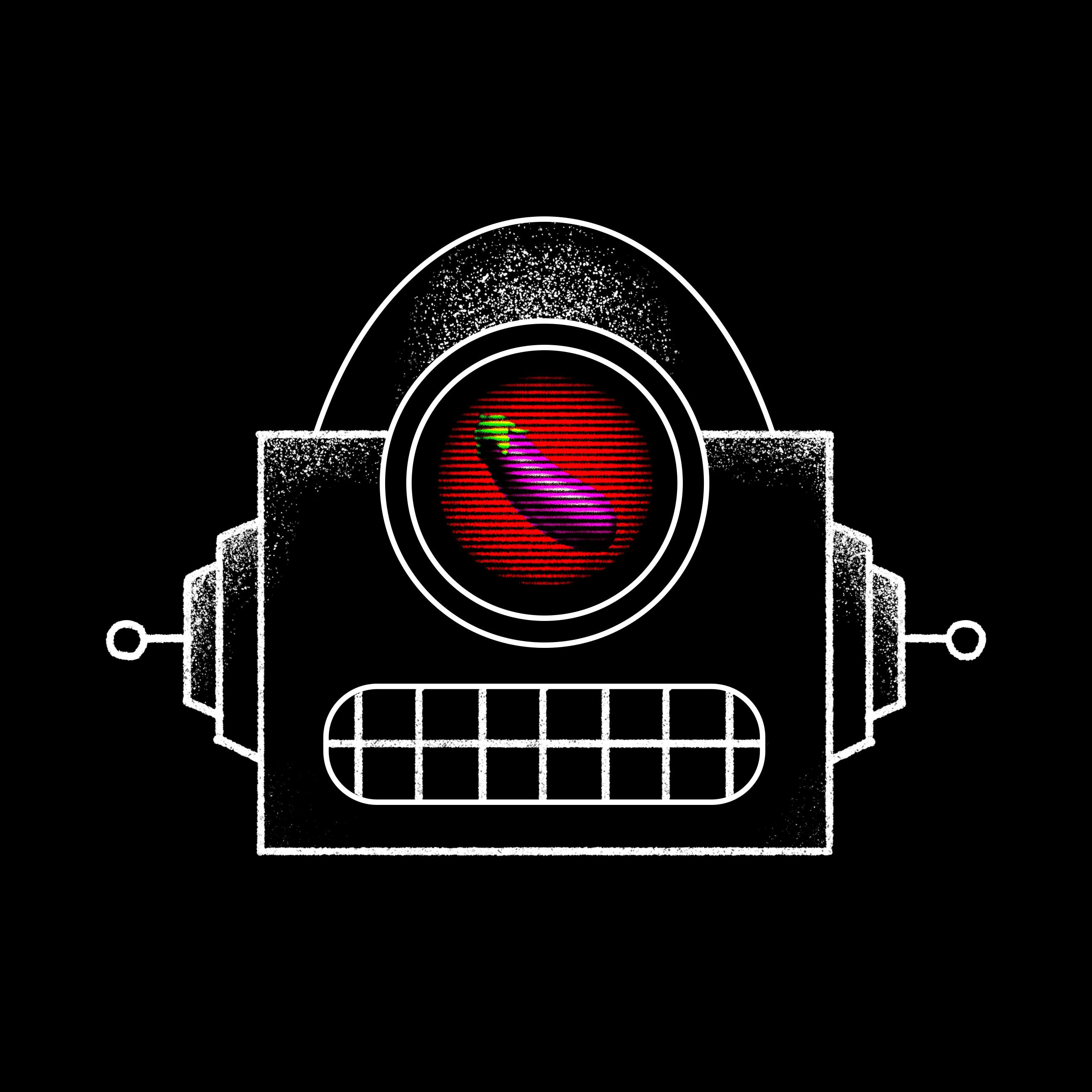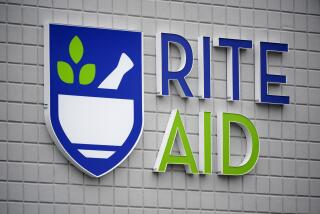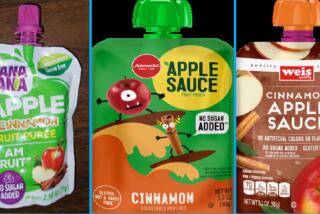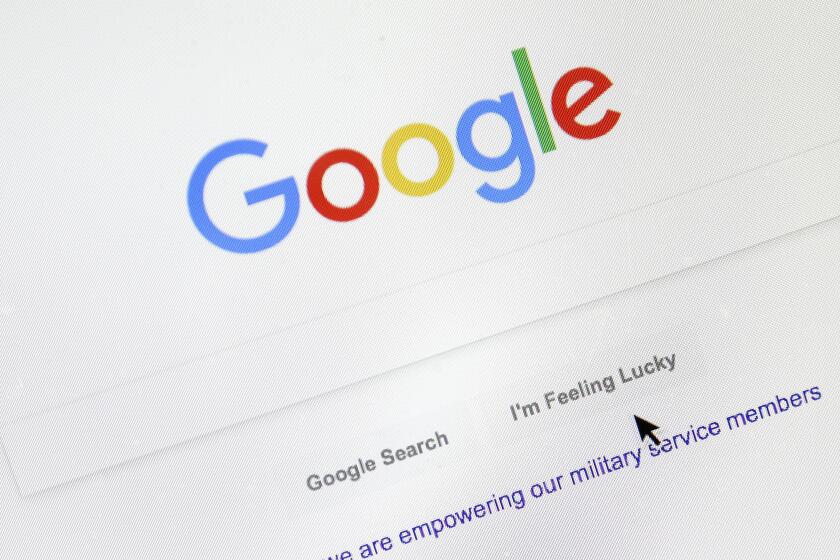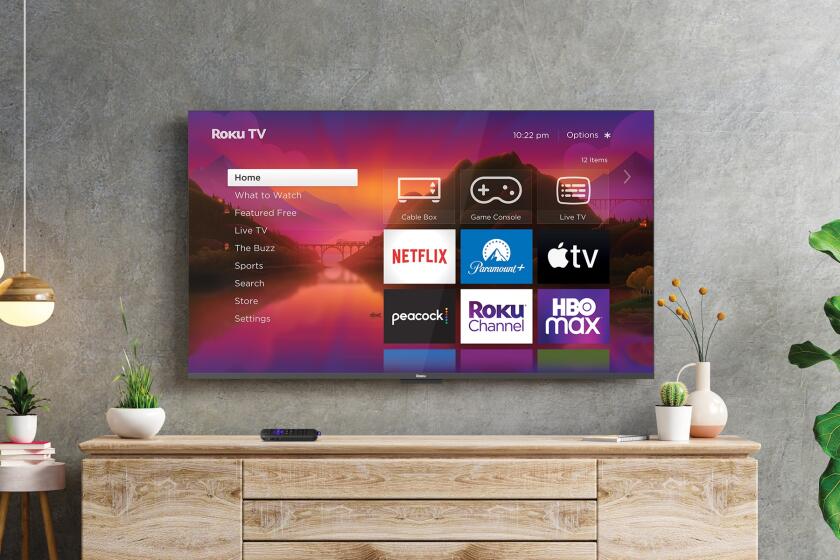FDA questions iPhone app that analyzes urine
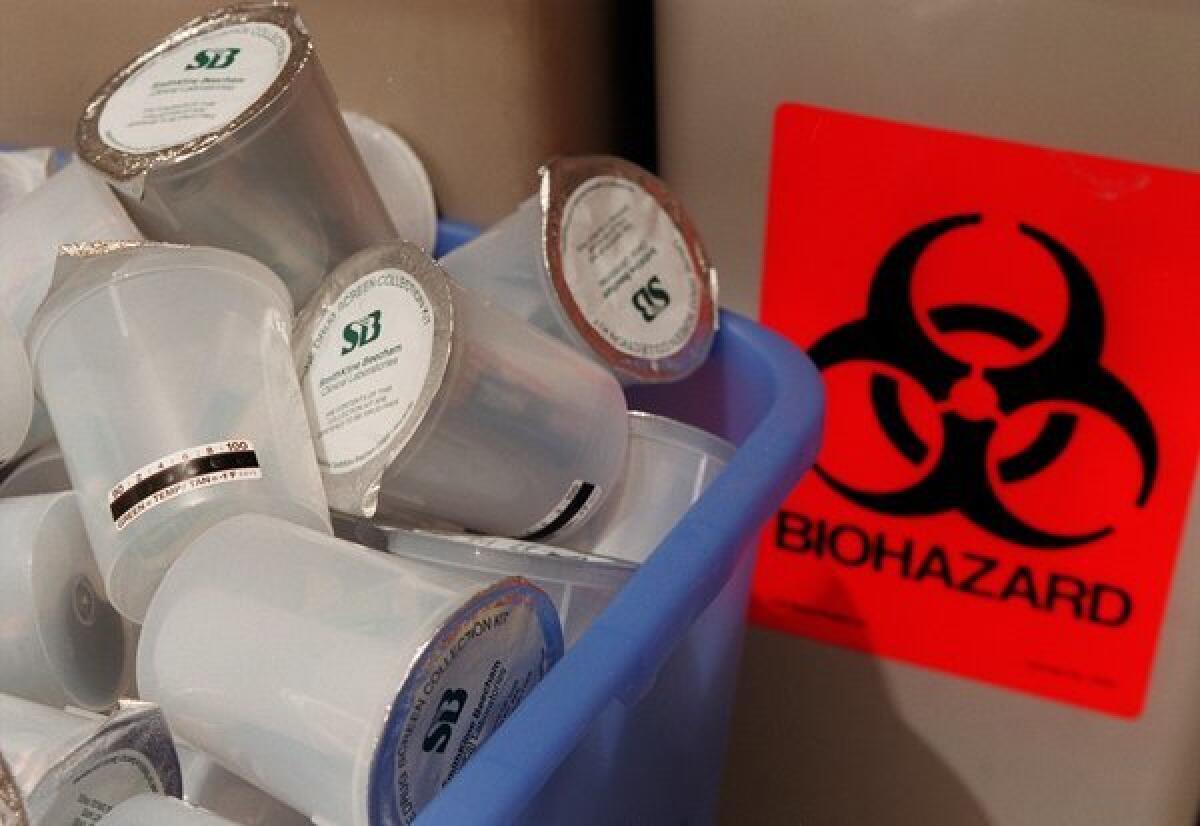
A mobile app that analyzes photos of urine samples is facing scrutiny from the U.S. Food and Drug Administration.
In what’s believed to be the first letter of its kind, the FDA wrote to Biosense Technologies on Tuesday that the Mountain View, Calif., company needs regulatory approval for its app because the urine test strips it relies on are approved for visual inspection, but not for automated analysis.
Quiz: Remember these beer ads?
Available on Apple devices, the uChek app can be used by people with diabetes and other medical conditions to track their health. Users dip test strips into their urine. Once the strips change color, the user snaps a photo and the app determines the levels of various substances in the body. The app’s key innovation is a color mat that’s placed under the strip when taking the picture. The mat serves as a baseline for the analyzer, allowing it to normalize for different lighting conditions. But the strips made by Siemens and Bayer are typically used by medical professionals doing a direct visual inspection.
“When these dipsticks are read by an automated strip reader, the dipsticks require new clearance as part of the test system,” FDA Deputy Director James Woods wrote in the letter. “Therefore, any company intending to promote their device for use in analyzing, reading, and/or interpreting these dipsticks need to obtain clearance for the entire urinalysis test system (i.e., the strip reader and the test strips, as used together).”
The uChek website says the app was designed in India with a goal in mind of making tests more comfortable for people.
[Update 8:45 a.m.] Biosense co-founders Abhishek Sen and Myshkin Ingawale said they had received the letter.
“We intend to work very closely with the U.S.FDA over the coming months to ensure that we continue to deliver accurate, affordable and convenient diagnostics across the world,” they said in an email. “Apart from this, we will not be commenting on any aspect of our communication with the U.S. FDA.”
The FDA said Biosense has 30 days to seek approval or explain why the app does not require clearance.
FDA leaders told lawmakers earlier this year that it plans to regulate only a small subset of the growing number of medical apps. Specifically, it wants to target apps that could endanger a patient if they provide inaccurate information.
ALSO:
UCLA surgeons using Vine, Instagram to video tweet brain surgery
Apple’s first computer, circa 1976, could fetch $400,000
Samsung Galaxy S4 laps HTC One in sales
Twitter: @peard33 | Facebook | Google+
